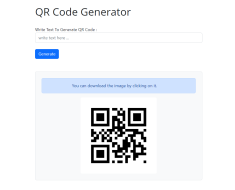
Diagnostic methods for Helicobacter pylori (Hp) infection include but are not limited to urea breath test, serum antibody test, fecal antigen test, and rapid urease test. However, these methods suffer drawbacks such as low accuracy, high false-positive rate, complex operations, invasiveness, etc. Therefore, there is a need to develop simple, rapid, and non-invasive detection methods for H. pylori diagnosis. In this study, we propose a novel technique for accurately detecting H. pylori infection through machine learning analysis of SERS spectra of gastric fluid samples that were non-invasively collected from human stomachs via string test. One hundred participants were recruited to collect gastric fluid samples non-invasively. 12,000 SERS spectra (n=120 spectra/participant) were generated for building machine learning models evaluated by standard metrics in model performance assessment. According to the results, the Light Gradient Boosting Machine (LGBM) algorithm exhibited the best prediction capacity and time efficiency (accuracy=99.54%, time=2.61s). Moreover, the LGBM model was blindly tested on 2,000 SERS spectra collected from 100 participants with unknown H. pylori infection status, achieving a prediction accuracy of 82.15% compared to qPCR results. This novel technique is simple and rapid in diagnosing H. pylori infection, potentially complementing current H. pylori diagnostic methods.
Keywords:
Gastric fluid; Helicobacter pylori; Machine learning; String test; Surface-enhanced Raman Spectroscopy.





